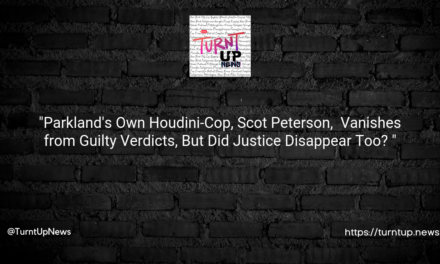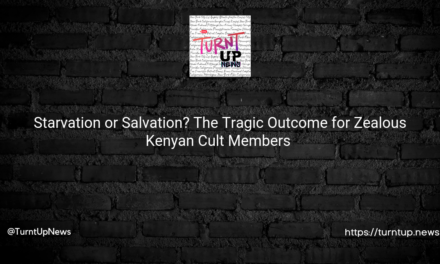🎭 “Unveiling Shadows: Trans Women Reveal Brutal Horrors from Argentina’s Past Regime 🇦🇷”
TL;DR; 📝
Transgender women in Argentina recount their harrowing experiences during the military dictatorship from 1976 to 1983. Julieta González, along with others, relives their torment of rape, torture, and enforced labor. Amidst the human rights trials exposing the crimes of the dictatorship, Argentina has recently started acknowledging the specific horrors endured by its trans community, long overlooked and disregarded. Despite progress in trans rights legislation in recent years, the dark legacy of the past reignites questions about the ongoing struggle for trans rights. 🏳️⚧️
📜 The Full Turnt Up Tale:
Julieta González, a 65-year-old trans woman, steps back into her haunting past as she revisits the building where the Argentine military dictatorship held her captive for a month. As she recalls the blood-soaked mattresses and endless sexual abuse, one has to wonder, is recalling these horrors a part of the healing process or a painful reliving of trauma? 🤔
González, along with four other trans women, testified in April at the trial of former security officers charged with crimes against humanity. Their voices echoing in the courtroom represented the first step towards Argentina acknowledging the trans community’s suffering under military rule. Yet, it took over four decades to get here – doesn’t it make you ponder, why did it take so long? ⏳👥
A lifetime pension for trans people over 40 is now on the table in a congressional committee, indicating Argentina’s strides towards trans rights. Despite this progress, memories of past violence cast long shadows. Patricia Alexandra Rivas, a survivor, recalled how she was raped and tortured when she was just 14, during a five-day illegal detention in 1981. A chilling reminder that brutality knows no bounds. 🚫
While progress has been made over the last decade, including a gender-identity law and reserving 1% of public sector jobs for trans individuals, these efforts are comparatively recent. What’s more, the trans community’s specific persecution during the dictatorship remained unrecognized for a long time, revealing a normalized violence against them. But, doesn’t it make you question, can true justice be achieved without the explicit recognition of such specific injustices? 🎭⚖️
In the case where González testified, she and other trans women were detained while working as sex workers, a common occupation for trans women at the time due to discrimination. The brutality was normalized for them, with security forces intensifying their violent attacks during the dictatorship. It’s unsettling to think about how a regime’s ideology can amplify such hate and violence, isn’t it? 🤷♀️
González also testified about the forced labor they endured, including washing cars stained with blood, a grim hint at other unspoken crimes. Coupled with the constant sexual abuse, this paints a stark picture of the period. Isn’t it an alarming testament to how power can be misused to inflict unthinkable cruelty? 😱
Looking forward, the sentences expected later this year could open the floodgates for more testimonies from other trans women who experienced similar atrocities. As González put it, what they endured “is important,” breaking decades-long silence on their suffering.
To wrap it up, these confessions raise critical questions about the overdue recognition of such specific crimes against humanity, the ongoing struggles of the trans community, and the role of the justice system in reconciling with the past. As we ponder these poignant truths, the crucial question remains – How do we ensure such atrocities are





